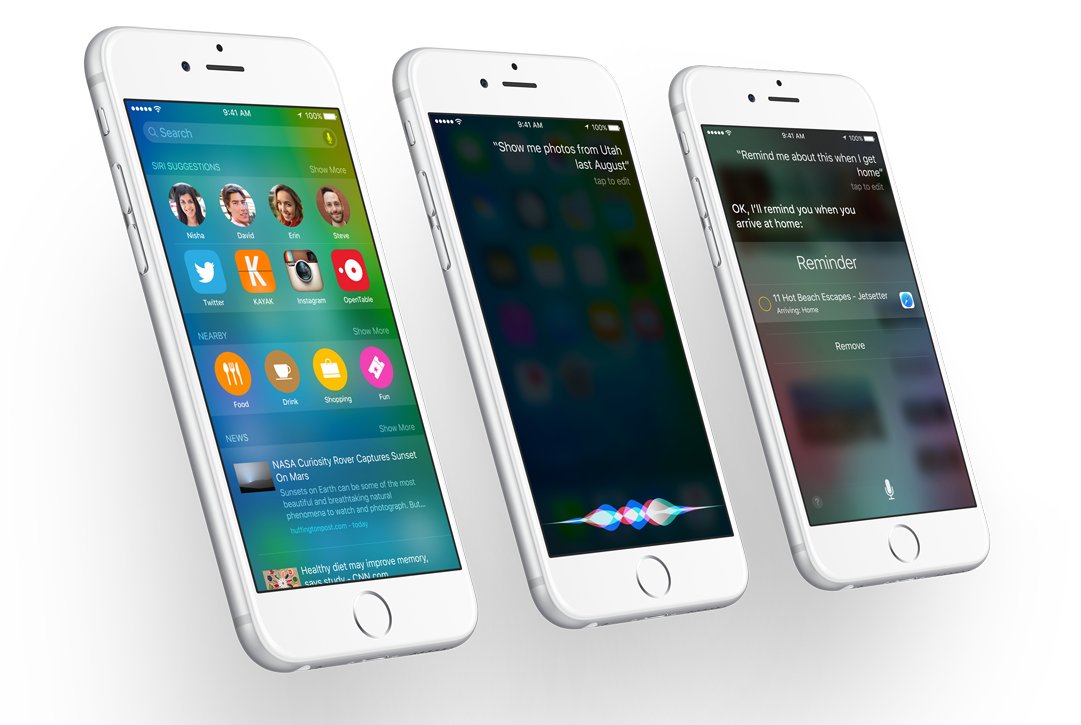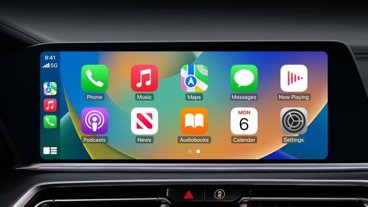Apple has reportedly set about massively expanding its team of data scientists and artificial intelligence experts, but has found it tough to recruit top minds in the field as the company's privacy policies prevent researchers from getting access to valuable user data.
The size of the AI research group that backs services like Siri has "tripled or quadrupled" in recent years, according to Reuters. That does not include the nearly 100 positions that are currently open for experts in machine learning, a subfield of AI that deals with developing technologies to let computers make autonomous decisions based on their own analysis of previous actions or data.
In a bid to catch up with competitors — Â particularly Google — Â Apple has expanded its recruiting of academics, the publication noted, peeling back the curtain slightly to reveal how it uses some tools first created in university laboratories.
"In the past, Apple has not been at the vanguard of machine learning and cutting edge artificial intelligence work, but that is rapidly changing," Allen Institute for Artificial Intelligence CEO and University of Washington professor Oren Etzioni said. "They are after the best and the brightest, just like everybody else."
Apple is said to have met resistance over its stringent internal privacy policies, however. Researchers are able to access only a tiny fraction of the data generated by users of Apple devices, with some services — Â like Maps — Â flushing data after as little as 15 minutes.
Apple's AI strategy is front and center in iOS 9 with enhancements to Siri and the new Proactive features.
As a result, Apple focuses its AI efforts on local analysis of data already on the user's device, eschewing the more typical approach of intermingling — Â generally anonymized — Â user data for research and analysis in the cloud.
Artificial intelligence is at the heart of Apple's next generation of services, and the fruits of the company's labor are already beginning to appear in iOS 9 and OS X El Capitan. Both operating systems bring with them enhanced spotlight search functionality, but iOS 9's improvements to Siri and new Proactive features clearly illustrate the path forward.
In iOS 9, Siri has at least some contextual awareness — Â saying "remind me about this later" while writing an email will set a reminder to follow up on that message, for example.
Proactive, meanwhile, analyzes a number of variables to surface information the user may want at that particular moment, before they request it. iOS 9 will notify users when they should leave for their next appointment based on local traffic conditions, for instance, and can use data from emails to automatically create calendar entries or identify unknown phone numbers.
 Sam Oliver
Sam Oliver







-m.jpg)






 Andrew Orr
Andrew Orr
 Amber Neely
Amber Neely
 Marko Zivkovic
Marko Zivkovic
 William Gallagher and Mike Wuerthele
William Gallagher and Mike Wuerthele



 Mike Wuerthele
Mike Wuerthele








90 Comments
I would rather keep my privacy and lose Siri-which I rarely use, anyway. The whole remiss sounds like an excuse to take the low road and digitally stalk users for profit.
If Apple doesn't flush map data after 15 minutes, they would be accused of "tracking users." Oh wait, that always happened.
Thank God for Apple.
It is much worse than that. iOS developers are prevented from accessing the full abilities of the devices due to privacy concerns. Apple used to have a really powerful Bluetooth SDK. Now it has been demolished because Bluetooth uses unique IDs. In order to hide those IDs Apple had to break the spec that they helped develop. There has never been an official WiFi SDK even though it is a public standard intended to be used by all developers. Part of the reason has to be because developers could use the unique IDs in the spec to track users and devices. Without full access to these basic digital communication features, developers cannot innovate. We would have had widely adopted mesh networks by now with a real WiFi SDK for example. What good is privacy if you have to wear shackles?
"Apple finds difficulty recruiting AI experts"
I thought that was referring to us :)